
At a symposium on the impact of the Inflation Reduction Act (IRA) on pharmaceutical innovation and access, speakers urged the audience to join in advocating for changes to the law.
Mary Caffrey is the Executive Editor for The American Journal of Managed Care® (AJMC®). She joined AJMC® in 2013 and is the primary staff editor for Evidence-Based Oncology, the multistakeholder publication that reaches 22,000+ oncology providers, policy makers and formulary decision makers. She is also part of the team that oversees speaker recruitment and panel preparations for AJMC®'s premier annual oncology meeting, Patient-Centered Oncology Care®. For more than a decade, Mary has covered ASCO, ASH, ACC and other leading scientific meetings for AJMC readers.
Mary has a BA in communications and philosophy from Loyola University New Orleans. You can connect with Mary on LinkedIn.

At a symposium on the impact of the Inflation Reduction Act (IRA) on pharmaceutical innovation and access, speakers urged the audience to join in advocating for changes to the law.

Several experts that we spoke with for ASCO 2024 share their thoughts on why the American Society of Clinical Oncology annual meeting is so important to the field of oncology.

Coverage of a session on antibody drug conjugates from the 2024 American Society of Clinical Oncology Annual Meeting.

The latest approval of lisocabtagene maraleucel (liso-cel) in mantle cell lymphoma provides another treatment option and continues the tremendous advances in treatment for patients, said Christopher Flowers, MD, of MD Anderson Cancer Center.
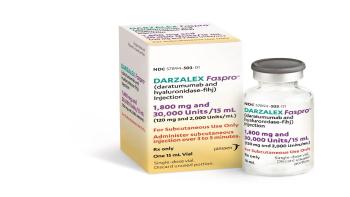
An in-depth analysis of minimal residual disease (MRD) negativity results from the PERSEUS trial shows patients whose treatment regimen included subcutaneous daratumumab had responses that deepened over time.
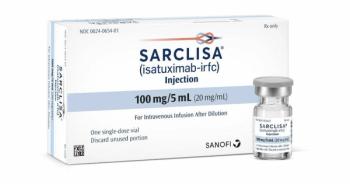
Combining the anti-CD38 monoclonal antibody with a standard backbone triplet should be the new standard of care for newly diagnosed patients not eligible for transplant, said lead investigator Thierry Facon, MD.
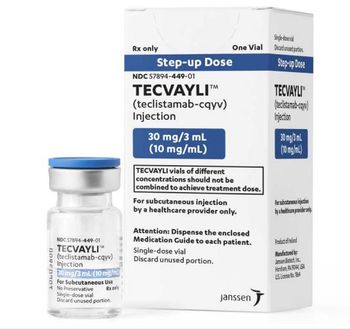
Results for the first 10 patients offer promising signs for giving patients with multiple myeloma a prophylactic dose of tocilizumab before they are treated with the bispecifc antibody teclistamab.
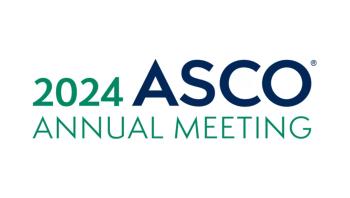
The idea that patients could get better responses with shorter courses of therapy runs counter to the current standard of care in melanoma.

Within the GAIN-S model, geriatric care assessments among older patients with cancer are combined with care interventions, and it is delivered soon before patients have an intervention on their cancer therapy, says William Dale, MD, PhD, FASCO, City of Hope.

A pair of late-breaking trials, LAURA and ADRIATIC, promise practice-changing news in lung cancer.

The BE-a-PAL study investigated potential of an algorithm-based default palliative care referral among patients who have stage III or IV lung or noncolorectal gastrointestinal cancer.

Attendees packed a session on multicancer early detection (MCED) on the first day of the 2024 American Society of Clinical Oncology annual meeting.

The annual session on newly approved drugs reviewed adverse effects, mechanisms of action, and real-world experiences.

Glofitamab is currently being investigated in a phase 1/2, multicenter, open-label, dose-escalation study as monotherapy and in combination with obinutuzumab, following 1-time fixed-dose pretreatment with obinutuzumab for B-cell non-Hodgkin lymphoma, of which mantle cell lymphoma (MCL) is a rare type.
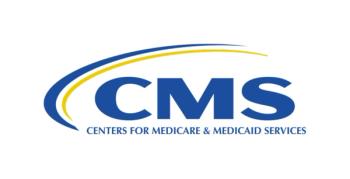
The Enhancing Oncology Model (EOM) attracted fewer participants than its predecessor, with lower payment rates cited as a chief factor.
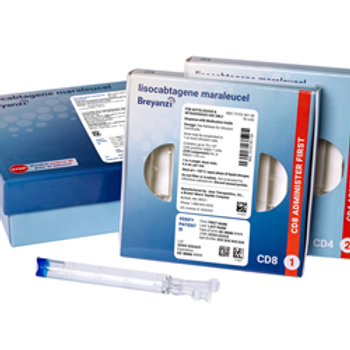
Mantle cell lymphoma is the fourth subtype of non-Hodgkin lymphoma that can be treated with this CAR T-cell therapy.

Topics at the upcoming meeting of the American Society of Clinical Oncology include the impact of artificial intelligence and the best way to deliver palliative care.

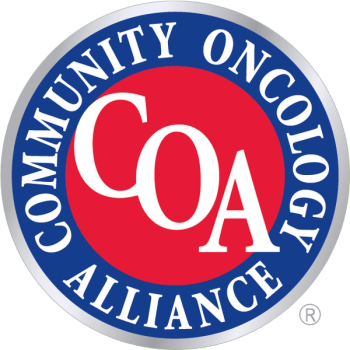
Coverage from the Community Oncology Alliance 2024 Community Oncology Conference, held April 3-5, 2024, in Orlando, Florida.




Most older Americans remain unaware of provisions of the Inflation Reduction Act that affect them, although awareness has increased.

The CEO of SCAN Health Plan discusses its first-ever Environmental, Social, and Governance Report.
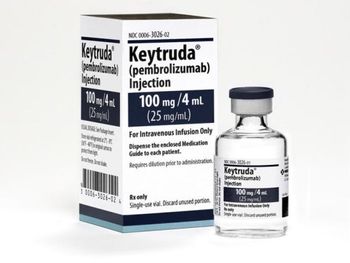
Pembrolizumab has existing indications in endometrial cancer.
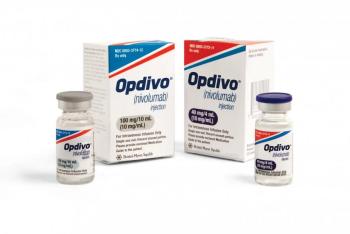
Some experts believe offering a subcutaneous version of nivolumab could make PD-1 inhibitors available to new groups of patients who currently lack access, such as those in rural areas.

A panel discussion highlighted a new pathway that allows Medicare to embrace new tools and pay for them while gathering the evidence needed to ensure the technology is safe and appropriate for an older population.

The triple therapy of budesonide, glycopyrrolate, and formoterol fumarate showed the greatest incremental net benefit among a series of triple therapy medications that were evaluated against dual therapy for chronic obstructive pulmonary disease (COPD), according to an analysis presented at ISPOR.

A CMS official discusses a draft guidance on the second round of drug pricing negotiations amid uncertainties over the first round of talks under the Inflation Reduction Act (IRA).

Research into the Inflation Reduction Act evaluated payer concerns, patient and physician behavior, which patients will benefit from the first 10 drugs selected for price negotiation, and the ripple effect into Medicaid at the state level.

259 Prospect Plains Rd, Bldg H
Cranbury, NJ 08512
© 2025 MJH Life Sciences®
All rights reserved.
